Final evaluation and SROI analysis of the project to train health personnel at the Salam Centre in Khartoum
Title Evaluation of the project “Nurse training: Clinical and Management Training, Salam Centre for Cardiac Surgery”
Location Khartoum, Sudan
Duration May-November 2023
Partner EMERGENCY
Funding Fondo di Beneficenza Intesa San Paolo
Context
Sudan has an extremely fragile political, economic and social situation, with a large part of the population in need of health care. The situation has worsened following the heavy fighting that began in April 2023. Faced with a very weak healthcare system and a general shortage of qualified personnel, it is a priority to invest in the training of local staff and thus contribute to the provision of quality care.
The project “Clinical and Management Education – Salam Centre for Cardiac Surgery, Khartoum, Sudan” located in the Salam Centre for Cardiac Surgery in Khartoum, Sudan, EMERGENCY intends to generate medium and long-term benefits for the country’s entire health system, by improving the specialised training offered to nursing staff and developing new training programmes integrated with the national training systems.
General Objective
ARC’s research team was involved to carry out the final evaluation of the project through two working components. The first component was the evaluation by investigating the OECD-DAC criteria of relevance, coherence, effectiveness, efficiency and sustainability of the project activities. The second component was the evaluation of the project’s social impact through the lens of the SROI – social return on investment – methodology.
Our contribution
For the first component of the evaluation, Researchers focused on the analysis of the project documents followed by interviews with EMERGENCY’s staff. The objective was in fact to define (i) the relevance of the project actions with respect to the context of intervention and for the target beneficiaries, (ii) the consistency of the intervention with other projects and initiatives active in the area of reference, (iii) the effectiveness in achieving the expected results and the identified objectives, (iv) the efficiency ensured in the implementation of the activities and (v) the sustainability of the results obtained.
A special attention was paid to the phenomenon of migration of health personnel, which has been observed in the context of the intervention. A substantial proportion of trained medical and health personnel decide to leave their country to seek work abroad. Official data regarding this phenomenon are extremely fragmented. The Sudanese Medical Specialisation Board indicates as main destination of Sudanese medical personnel the Gulf countries, and in particular Saudi Arabia. In 2018, the Sudanese Ministry of Health estimated that 60% of medical personnel were employed abroad. Despite the strong impact on the national health system, no effective interventions have been identified and/or implemented.
The SROI (Social Return on Investment) methodology was used to carry out the second component of the social impact evaluation work. The evaluation thus focused on the analysis, identification and measurement of the changes generated in the medium to long term with reference to all the main stakeholders involved directly or indirectly by the training activities.
The SROI methodology adopted involved the application of an input-output-impact model and the direct involvement of key project stakeholders. The analysis then made it possible to provide EMERGENCY with analytical elements that were useful for reflecting on the outcomes of the activities carried out and on the efficiency in the use of the resources invested.
|
The application of the methodology resulted in an SROI of 2.73. This means that for every euro invested, 2.73€ of social and economic return was generated. |
Read more on the Inclusive Development Unit
Related Projects
-

Action-Research to assess the dimension of the NEET phenomenon in Tuscany
-

Evaluation of the project to improve community awareness and response to gender-based violence in Uganda
-

Research on knowledge, attitude, social norms and practice on reproductive health rights and gender-based violence in Narok county, in Kenya
-

Betting on the Future: Youth and Territory in the Empolese Valdelsa Municipalities
-
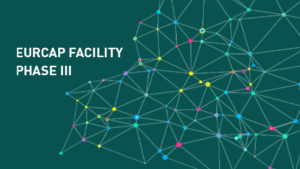
Capacity Building European Facility for the Readmission of Migrants – EURCAP, Final Evaluation
-
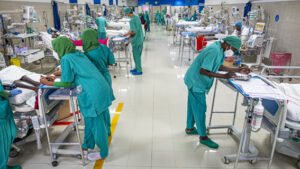
Final evaluation and SROI analysis of the project to train health personnel at the Salam Centre in Khartoum
-

Action-research to foster the employment inclusion of persons with disabilities in Tunisia
-

What Women Want: women’s empowerment and aspirations in SWANA countries.
-

Exploratory research on accessibility of health services in Mozambique
-

Action-Research to foster labour accessibility for young people with disabilities in Kenya
-
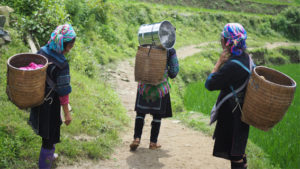
Evaluation of the project that aims to improve the health of the most vulnerable in Myanmar
-
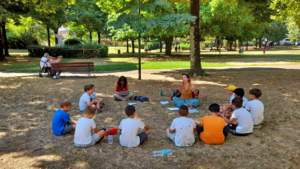
Action-Research for the Global Boyhood Initiative on stereotypes, gender roles and bullying
-
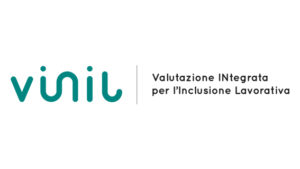
VINIL – employability assessment for persons with disabilities
-

Food Wave, Monitoring the project that promotes sustainable food consumption among young Europeans
-

Nothing About Us Without Us: Emancipatory Research and Strategic Plan on disability in Palestine
-
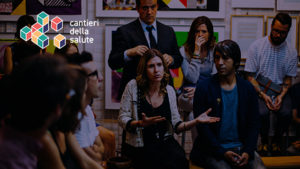
Monitoring and evaluation of the participatory processes of Cantieri della Salute in Tuscany
-

Market analysis to foster employment of young people in Mali
-
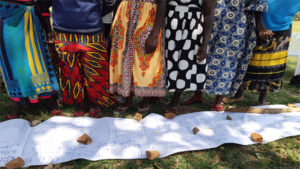
Action – Research to foster community health insurance for women in Sédhiou, Senegal
-
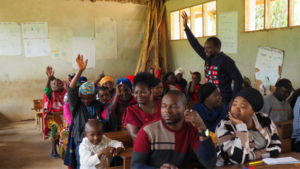
No One Left Behind: an Emancipatory Research for young people with disabilities in Tanzania
-
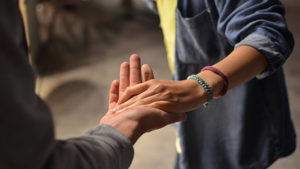
Social Board a model to contrast social exclusion, the case of Prato
-
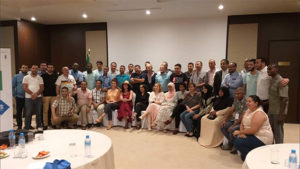
CapDeL: Incubation process for associative projects in Algeria
-

CapDeL: la ricerca al servizio dello sviluppo locale sostenibile in Algeria
-
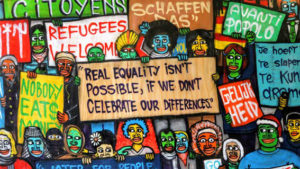
Evaluation of the SPRAR projects managed by ARCI Toscana
-

Need assessment to foster social inclusion in Tuscany
-
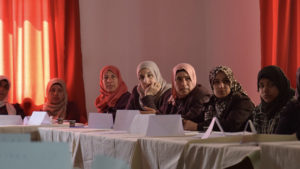
Promoting inclusive business and social entrepreneurship in Palestine
-

Final Evaluation of CBR Programme on disability and rights of persons with disabilities in Mongolia
-
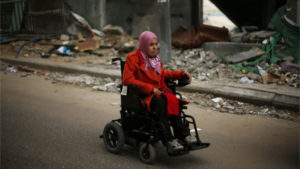
Emancipatory Research as a participatory approach to foster inclusion of women with disabilities in Palestine
-
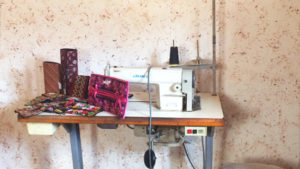
Research and consultancy for the inclusion of women with disabilities in the Gaza Strip
-
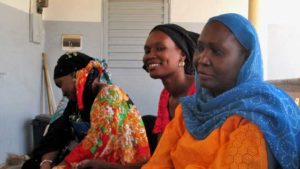
Action-Research for gender mainstreaming development in Senegal